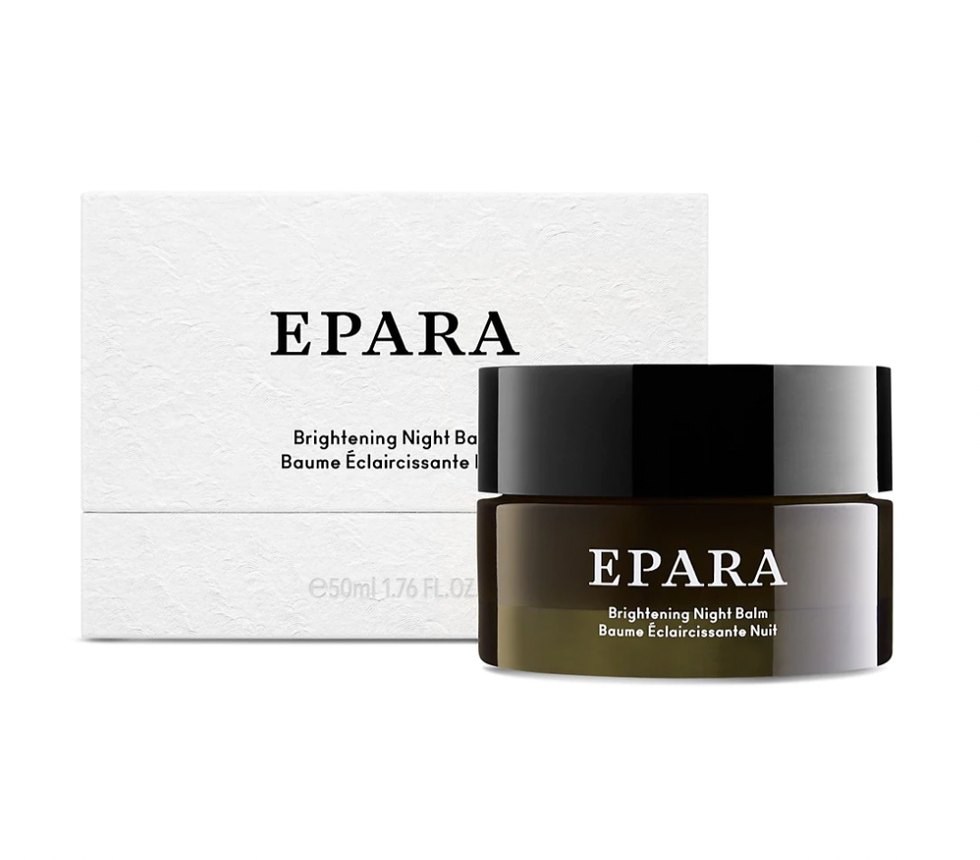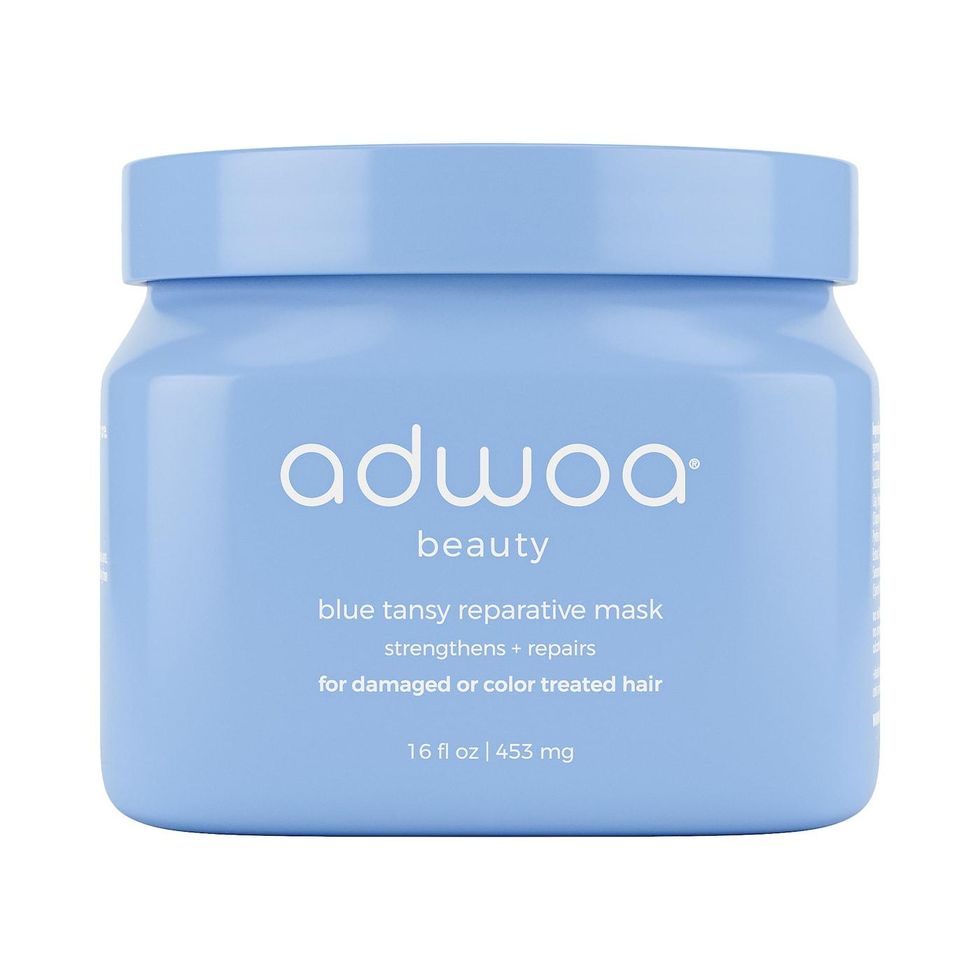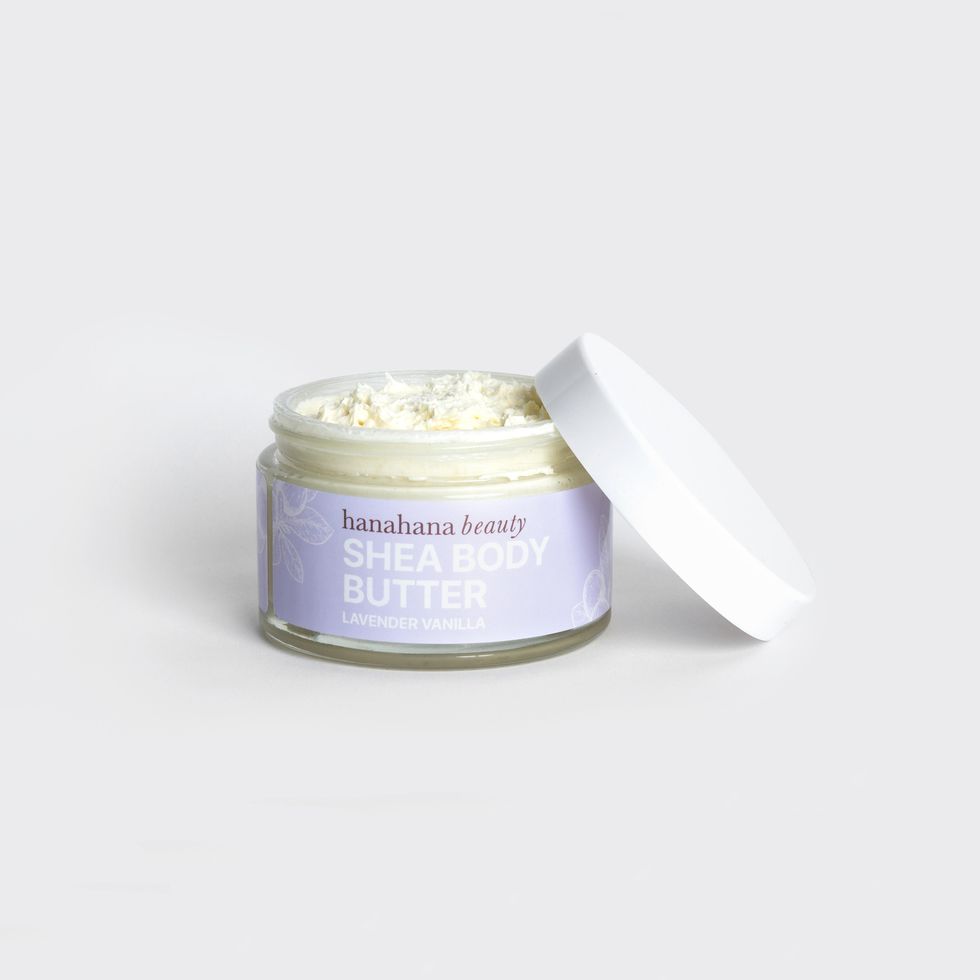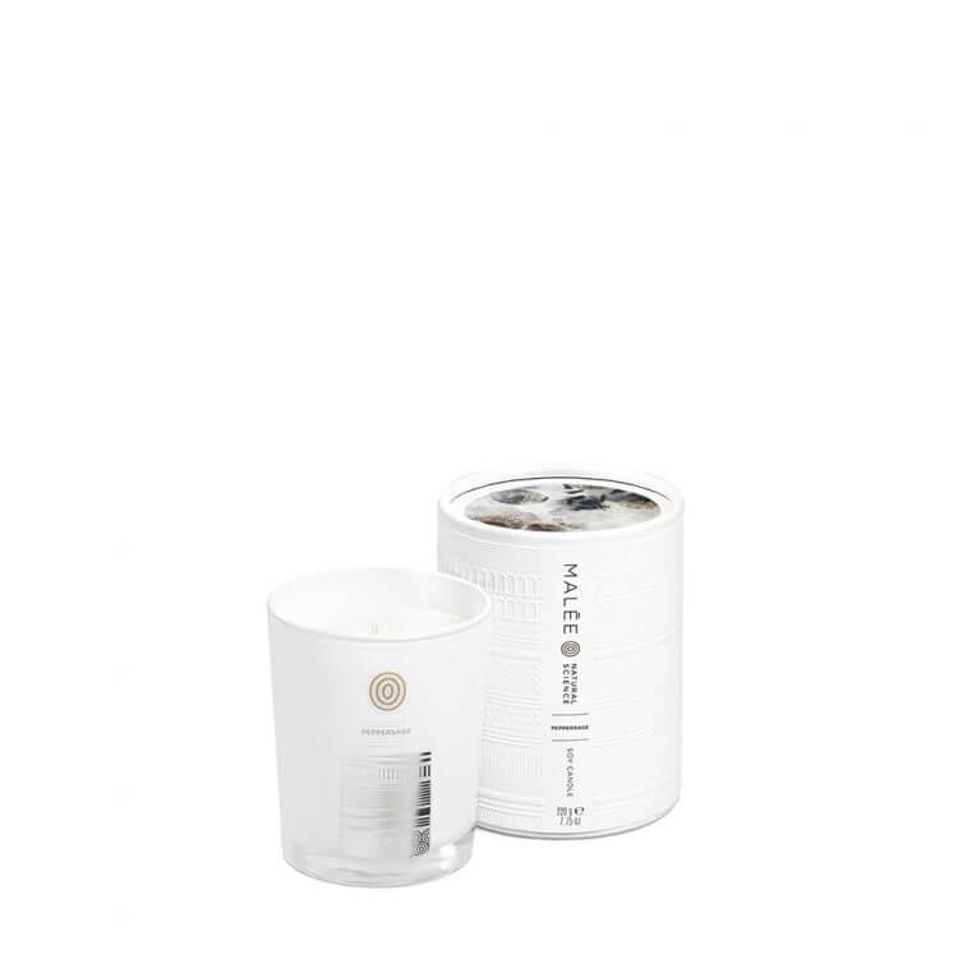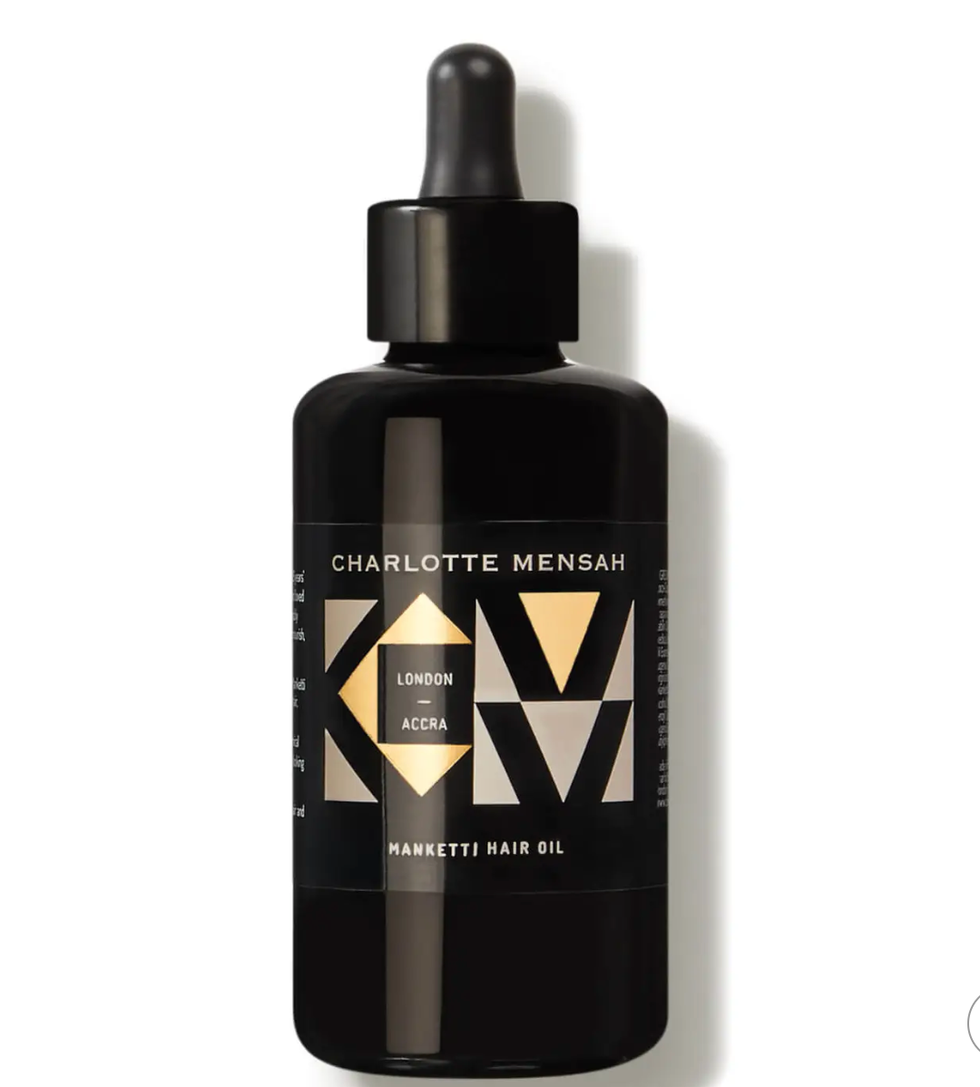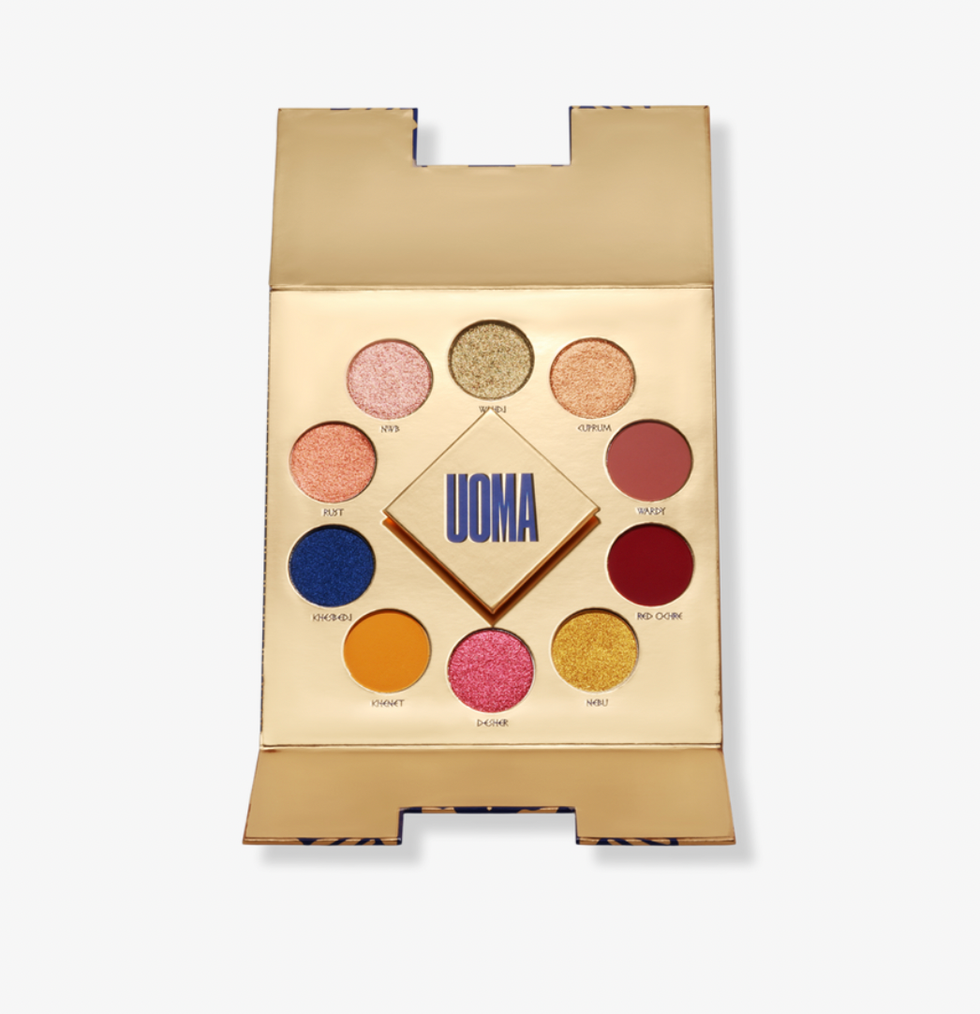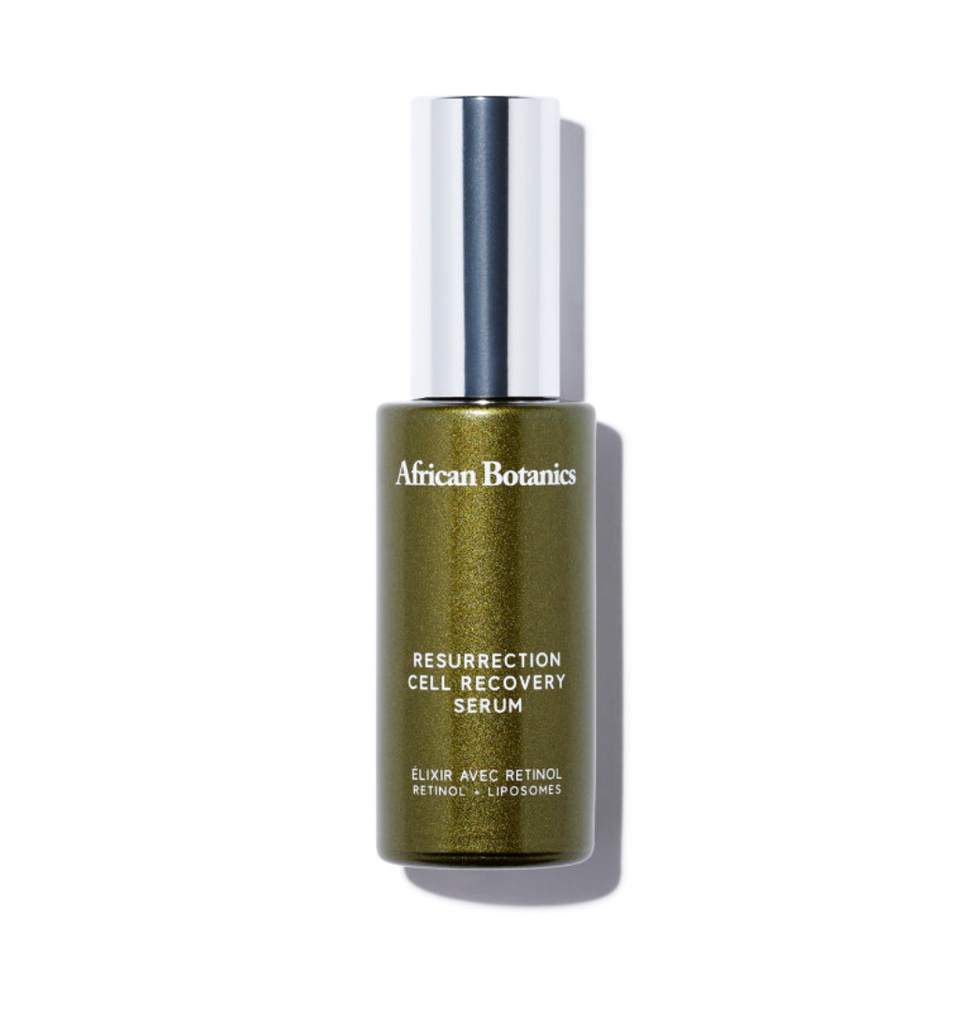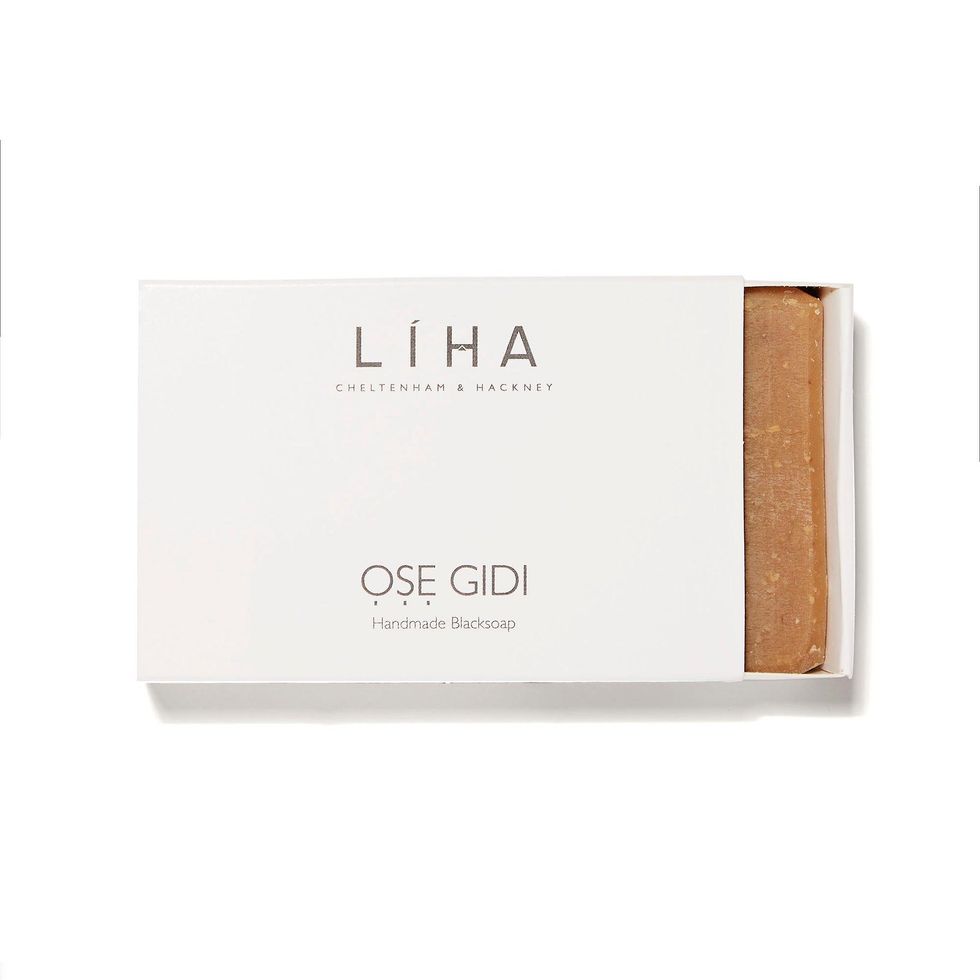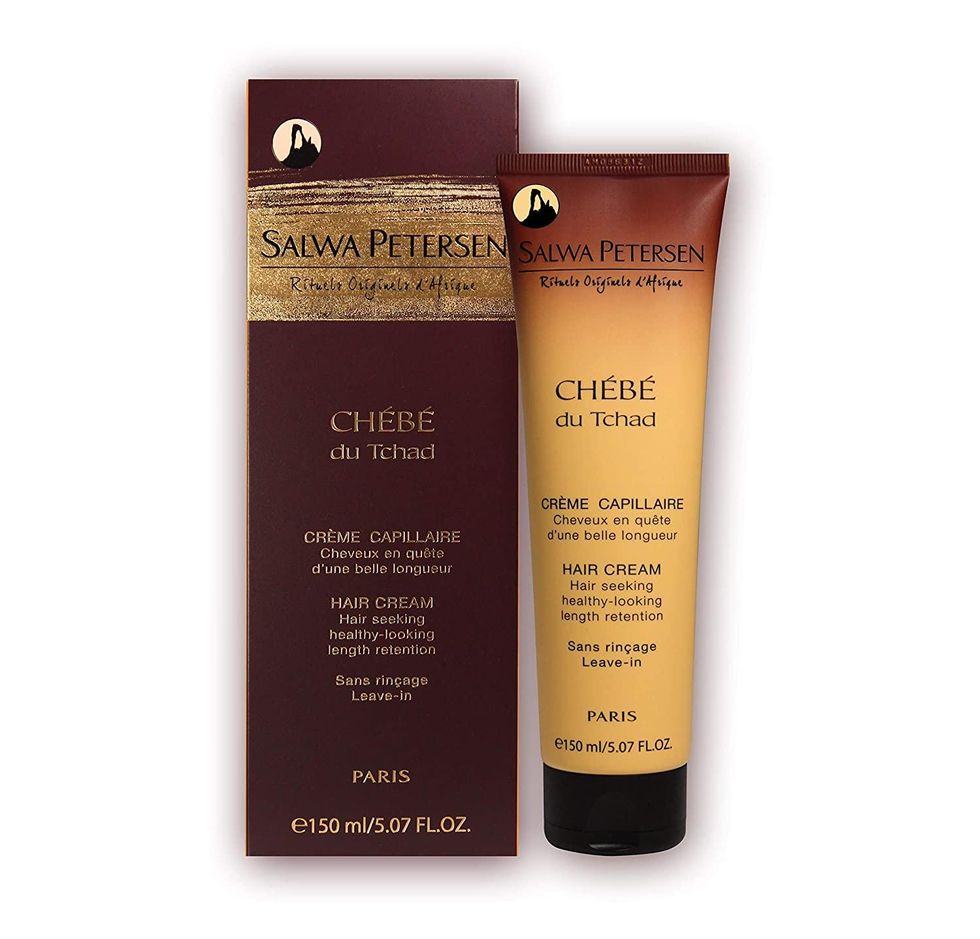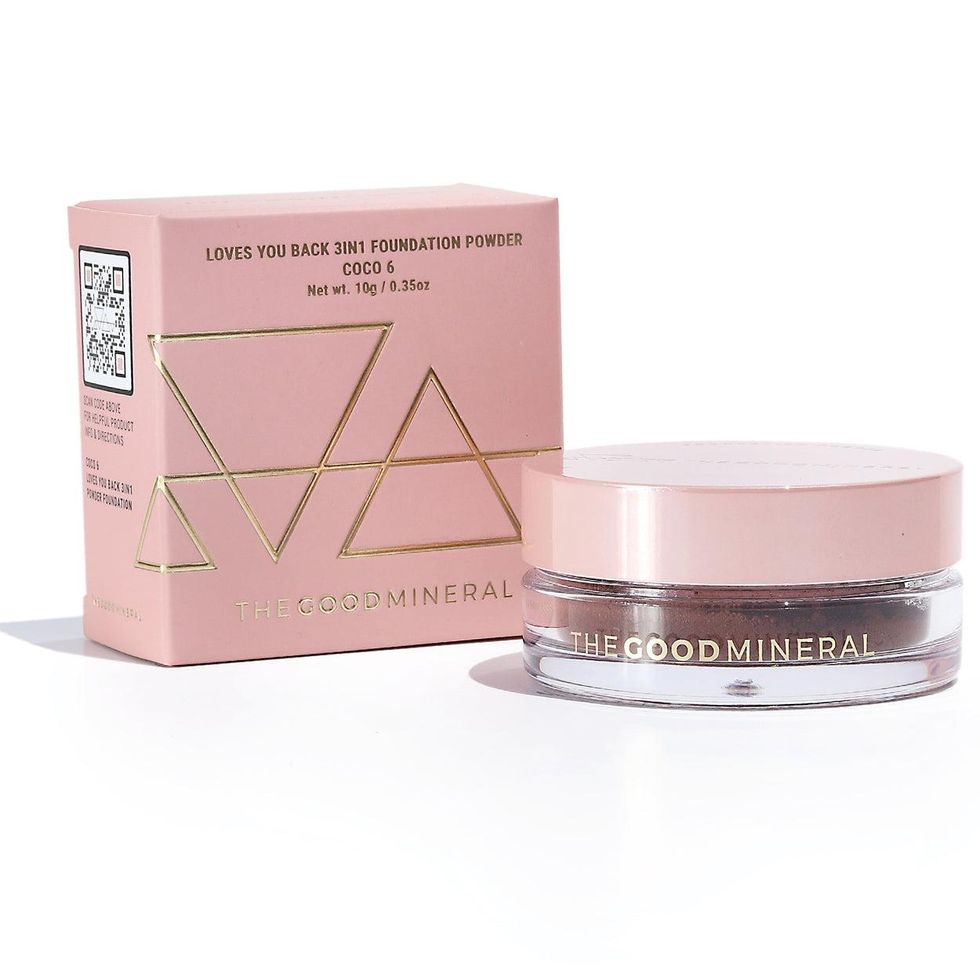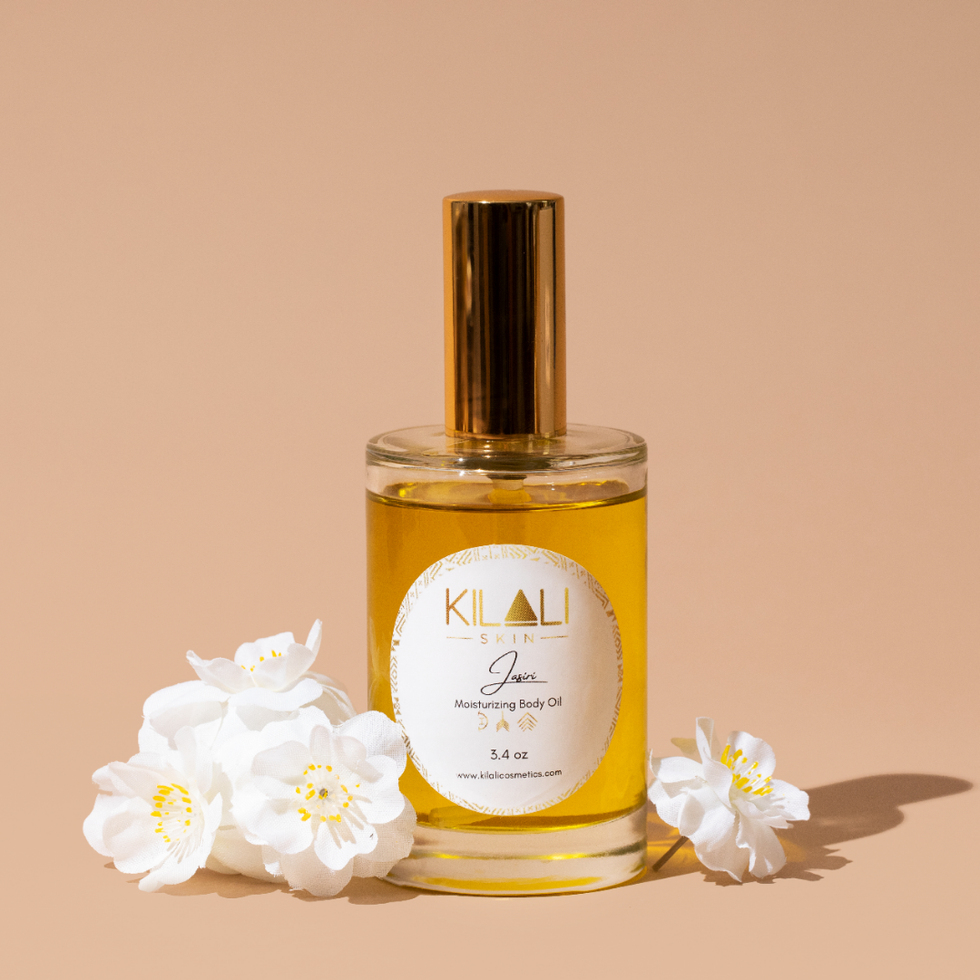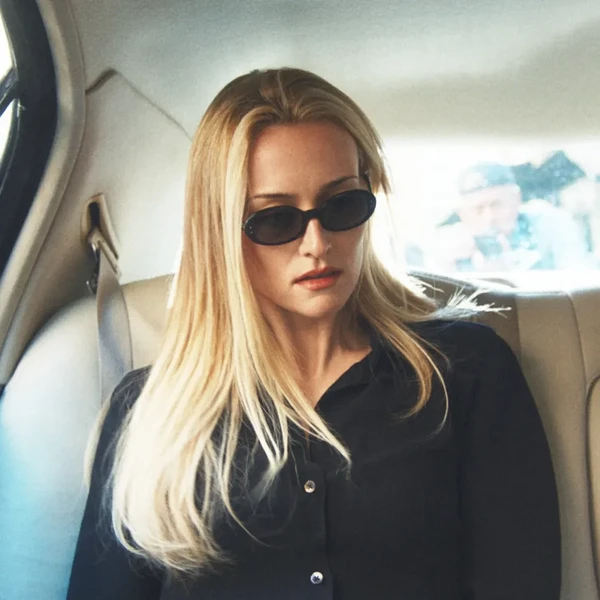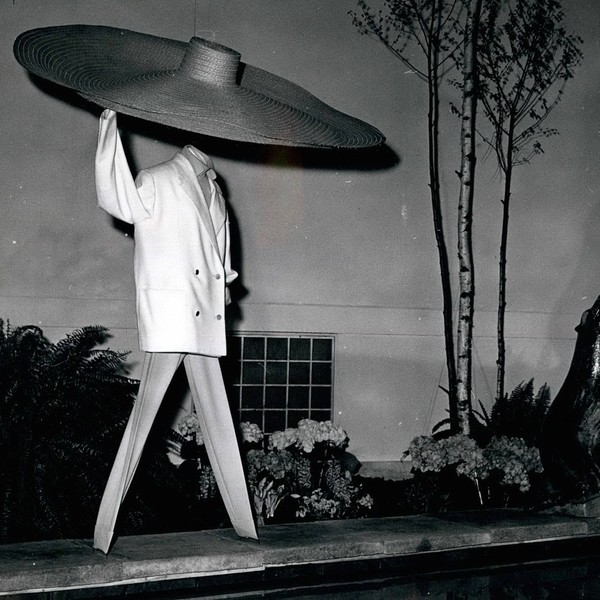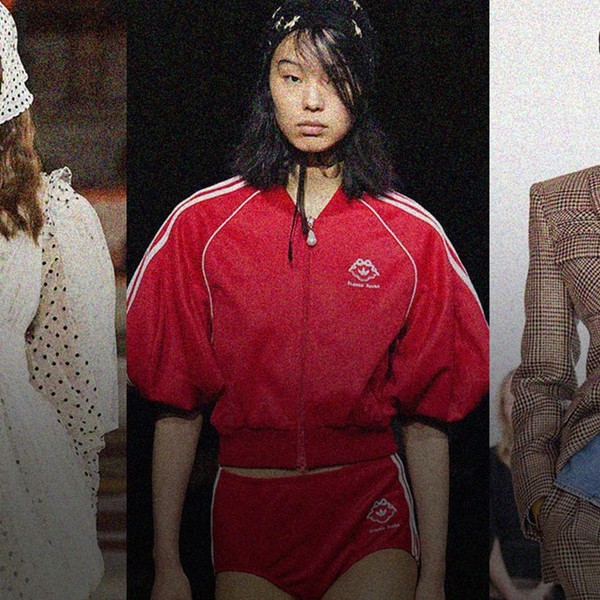The Best African Beauty Products to Upgrade Your Routine With
Consider this your official guide to the best that A-beauty has to offer.
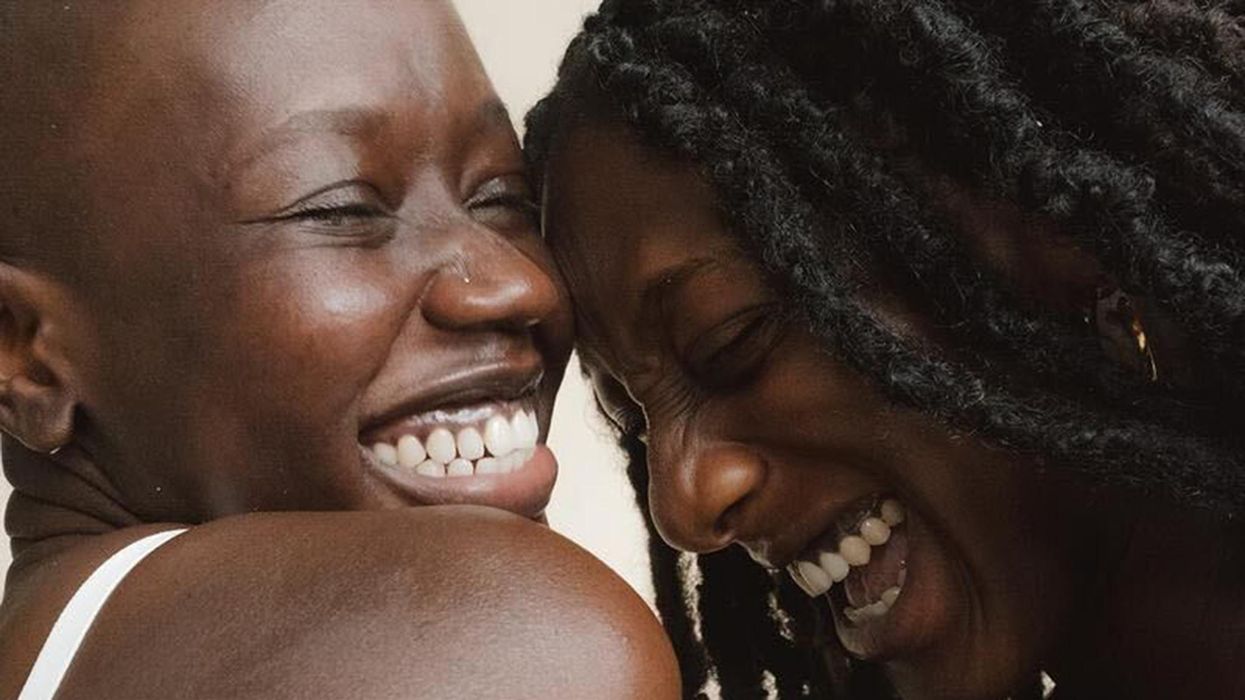
Defining what African beauty, or A-beauty, is can be tricky. Africa is a large continent made up of 54 different countries, each with their own culture and tradition. It’s not a monolith, as all the founders interviewed for this piece mentioned. However, even with such a vast array of cultural backgrounds and lived experiences, when it comes to beauty rituals and traditions, there are connections one can see that unite people across all African cultures. “We like to think of A-beauty as inclusive and roots in age-old African traditions that use simple, natural, multipurpose, and cross-functional ingredients,” says Christina Funke Tegbe, founder of 54 Thrones. “It’s about community and tradition. It’s about giving gratitude to Africa—the birthplace of ingredients and beauty rituals that are meant to be shared and enjoyed by all people.” Below, African beauty brand founders explain what A-beauty means to them, what ingredients can be found in A-beauty products, and more.
What Is A-Beauty?
According to Funke Tegbe, A-beauty isn’t about a specific routine you follow. “It’s a way to describe the ecosystem in which these masks, soaps, and creams have been created,” she says. “A-beauty focuses on the intention, purpose, and community involved in creating these materials, and honors the rituals that have inspired them. It is not about standalone products. A-beauty is about thinking about beauty holistically and celebrating the beauty in that.” Sharon Chuter, founder of Uoma Beauty, agrees. “To me, African beauty is versatile and the hallmark is not in the ingredients alone. It’s a lifestyle.” Some themes at the center of A-beauty rituals are community, simplicity, and zero waste. Overall, A-beauty involves moving away from multistep regimens and toward natural ingredients-focused, multitasking products.
What Ingredients Are Commonly Seen in A-Beauty?
Shea Butter
Shea butter is an ingredient used across the continent. “Shea butter is rich in vitamins E and A and is known to boost the skin's moisture,” says Tope Adubi, the Nigerian-born founder of Kilali Cosmetics. “As a final step in the beauty routine, the Shea butter is slathered onto the skin to prevent flaky or cracked skin.”
Black Soap
Growing up in Nigeria, Adubi would always cleanse with African Black Soap. “It’s made out of all-natural ingredients and has anti-inflammatory properties,” she says.
Chébé
“The Chébé tree, my brand’s star ingredient which grows actually in a very specific region of Chad, has helped generations of Chadian women grow strong, long, and healthy hair,” says beauty founder Salwa Petersen.
Clay
Known for its ability to exfoliate, absorb excess oils, and cleanse dirt from the skin, clay is Chuter’s favorite ingredient to come out of Africa.
Qasil
“In Somali, qasil is made from the dried and crushed leaves of Gob trees to create a powder used for masks and shampoo—exemplifying the cross-functional use of materials,” says Funke Tegbe.
Okra
“In Zimbabwe, okra is used for its hydrating properties to make face masks that target facial lines and wrinkles, illustrating the importance of multipurpose ingredients,” says Funke Tegbe.
What Recent Trends Have Been Influenced by A-Beauty?
Natural Ingredients
“African beauty rituals have always practiced clean beauty,” says Adubi. “From slathering bodies in shea butter to exfoliating the skin with Sapo—African exfoliating nets—and cleansing the skin with African Black Soap made out of all natural ingredients, African beauty has always maintained natural beauty standards, which have been beneficial to the skin.”
Slugging
Slugging, a.k.a. applying an occlusive layer (like Vaseline) over moisturizer to lock in hydration, has been trending on TikTok the past few months. “It's interesting to read about trends like slugging because it’s really all about staying moisturized,” says Abena Boamah-Acheampong, the Ghanaian American founder of Hanahana Beauty. “Substitute the vaseline for shea butter and that’s what most African have been taught to do their entire lives.”
“We love to 'cream' our bodies and never look ashy,” adds Ego Iwegbu, founder of The Good Mineral. “Moisturizing the body is always a key step in the routine.”
Clean Girl Aesthetic
The "clean girl aesthetic," a minimalist and classic approach to beauty, is another trend that’s made the rounds recently. “Makeup that looks like natural skin and benefits skin is also a trend,” says Iwegbu. “Many African women do not like to look over-made-up on a daily basis.”
“The ‘clean girl aesthetic’ is also interesting because, growing up, I remember hearing my mom saying that she doesn’t need too much makeup because she wanted people to see her face,” says Boamah-Acheampong.


